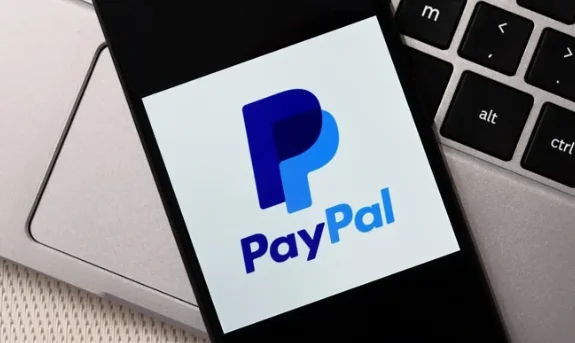In order to comply with the digital assets “travel rule“, financial payment company Paypal has stepped up its regulatory compliance by joining the Travel Rule Universal Solution Technology (TRUST).

With the addition of the crypto-friendly digital payments behemoth Paypal to the Travel Rule Universal Solution Technology (TRUST) network, a number of well-known crypto companies have taken steps to abide by the travel regulations for digital assets.
The announcement comes two months after the payments industry giant launched infrastructure in June of this year that allowed users to send, receive, and transfer digital assets between PayPal and other wallets and exchanges.
Before that, Paypal was the only place where consumers could purchase and sell cryptocurrencies once the company first entered the market in October 2020.
A group of 18 U.S. virtual asset service providers (VASPs) started TRUST in February, with major players including Coinbase, Paxos, Circle, Kraken, and Robinhood taking part right away. Since Paypal joined the group, the number has increased to 38.
In an announcement on August 23, Coinbase stated that “the addition of PayPal marks another milestone in TRUST’s journey to become the global, industry-standard solution for Travel Rule compliance.”
U.S. VASPs are legally compelled to share particular information about customer fund transfers from one financial institution to another under Bank Secrecy Act (BSA) rule 31, sometimes known as the “Travel rule.” A $1,000 threshold is used to begin tracking down the sources of fund transfers.
In order to streamline reporting and make information sharing between them simpler and more transparent, the organization of U.S. VASPs developed TRUST.
In order to identify each VASP party on both ends of a transaction, TRUST uses a method that consists of two primary features: an encrypted point-to-point (P2P) channel and a central message board.
The organization was created in response to the Financial Action Task Force’s (FATF) June 2021 proposal that all VASPs globally embrace certain standards in order to continue adhering to anti-money laundering (AML) and anti-terrorist financing (ATF) regulations.
